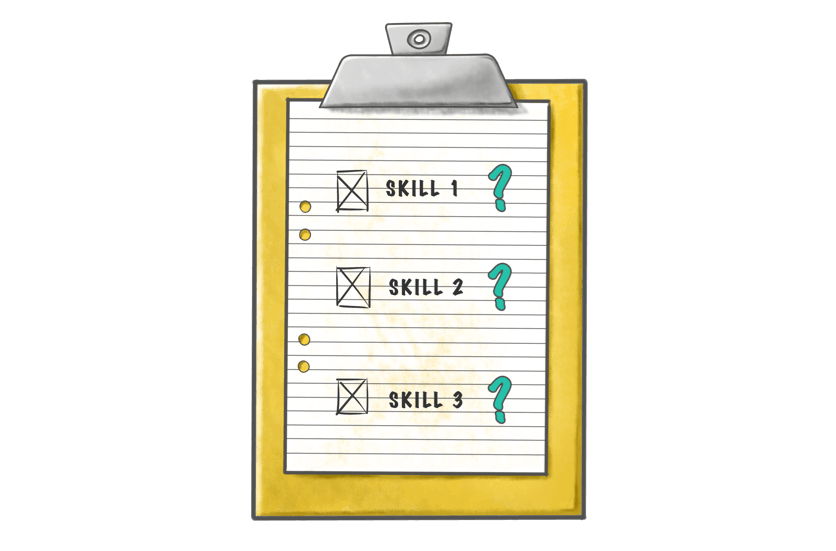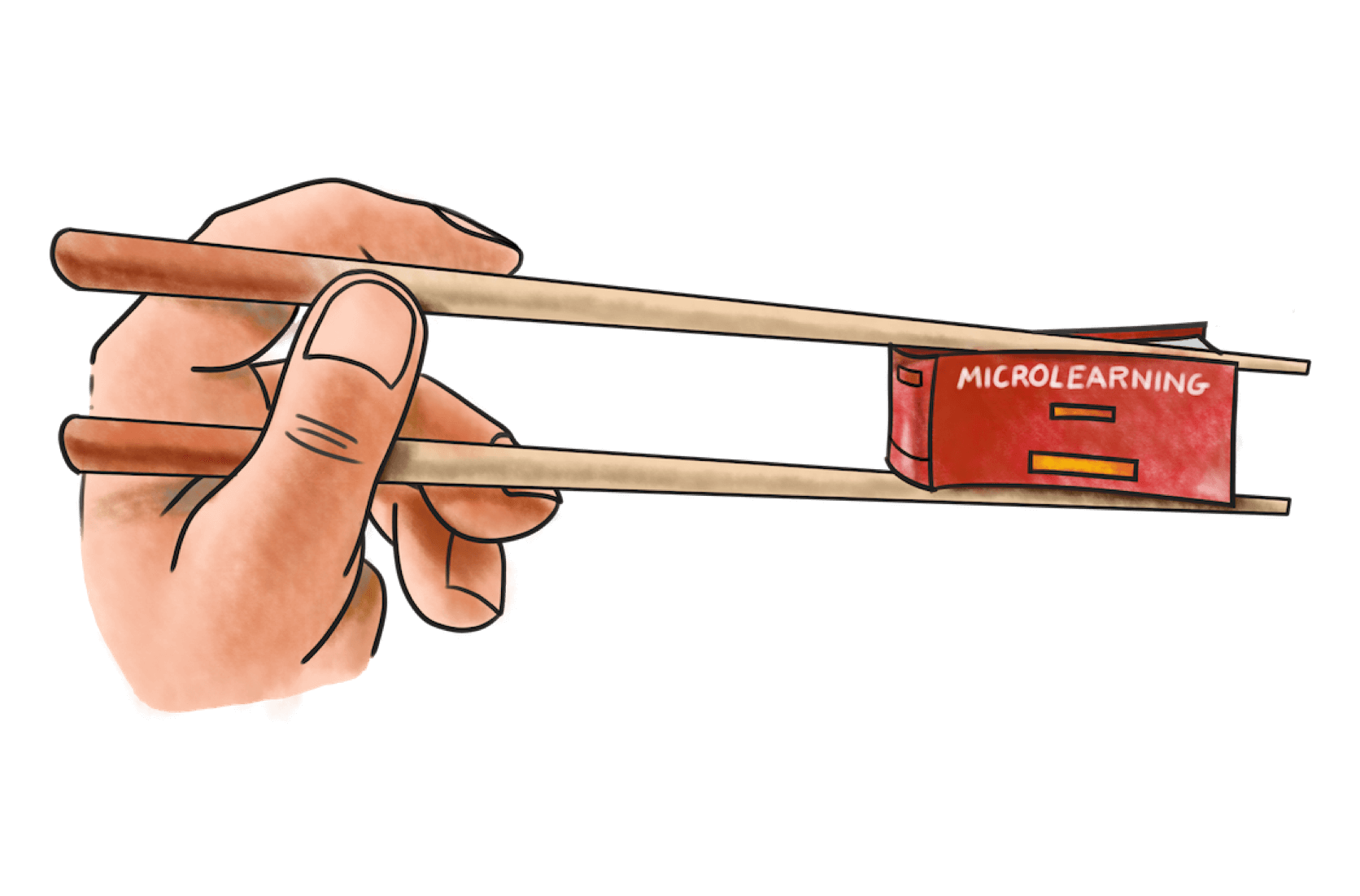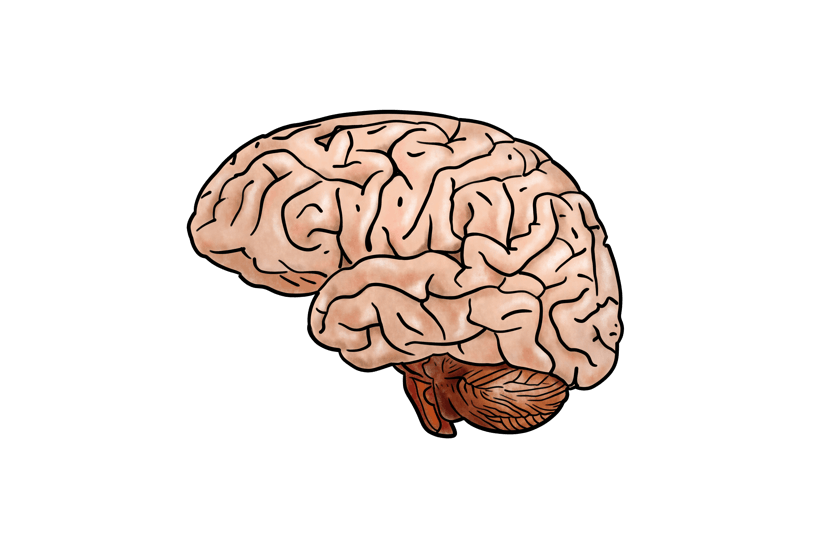
“Don’t just say you have read books. Show that through them you have learned to think better, to be a more discriminating and reflective person. Books are the training weights of the mind. They are very helpful, but it would be a bad mistake to suppose that one has made progress simply by having internalised their contents.” — Epictetus
Studies show that if you’ve ever relied on rereading or cramming to prepare for a test, you’ve been doing it wrong! If you’re like me you’ve just started thinking back to all those hours spent reading and rereading notes, trying to jam as much info into your head before a school or uni exam. Ouch. Maybe you even feel like this:

In their brilliant research-based book Make it Stick: The Science of Successful Learning, cognitive psychologists Henry Roediger and Mark McDaniel and author Peter Brown present a compelling case for a rethink on how we learn.
They point out that although rereading and cramming are among many study techniques that attempt to brute force new info into memory, they’re also among the least effective.
Rereading is time consuming and doesn’t result in durable memory, as initial gains are quickly lost within days. Surprisingly it also involves a degree of self-deception, as increasing familiarity with the test feels like mastery of the content. Cramming is similar in that it leads to higher scores on an immediate test but results in faster forgetting.
Testing to the rescue
Enter the testing effect. This refers to the benefits of using testing as a learning technique to improve memory, rather than as a high-stakes assessment of what you do and don’t know.
Brown et al. give the example of a Washington University lecturer, who noticed that by mid-semester up to 35% of the class would be absent. The course was assessed with two big tests, one at mid-term and a final.
So in an attempt to improve attendance, the lecturer changed the assessment format to nine quizzes throughout the semester. And no midterm or final exams.
Attendance and enrolment improved and the lecturer noticed that the quality of the answers being provided at midterm by the students was much higher than he was accustomed to seeing.
Benefits of quizzes
Quizzing, especially self-quizzing, is rarely used as a study technique. Quizzing can feel less productive because in the early stages it’s harder to recall information. However, every time you work hard to recall a memory, you actually strengthen it.
Studies show that students who have been quizzed have a double advantage: a more accurate idea of what they do and don't know and improved memory as a result of having to regularly recall knowledge. So stick at it!
Spaced repetition
Regular quizzing also involves another powerful learning strategy - spaced repetition. To be most effective, retrieval needs to be repeated again and again in spaced sessions, so that recall requires cognitive effort. Sessions may initially be spaced a few days apart and then as memory strengthens moved out to once a month. Having to recall knowledge right when you’re about to forget it strengthens knowledge - even though the actual recall may feel hard at the time.
So if you want to improve how you or your students learn, consider employing regular quizzes, spaced apart for maximum knowledge retention.











































































































